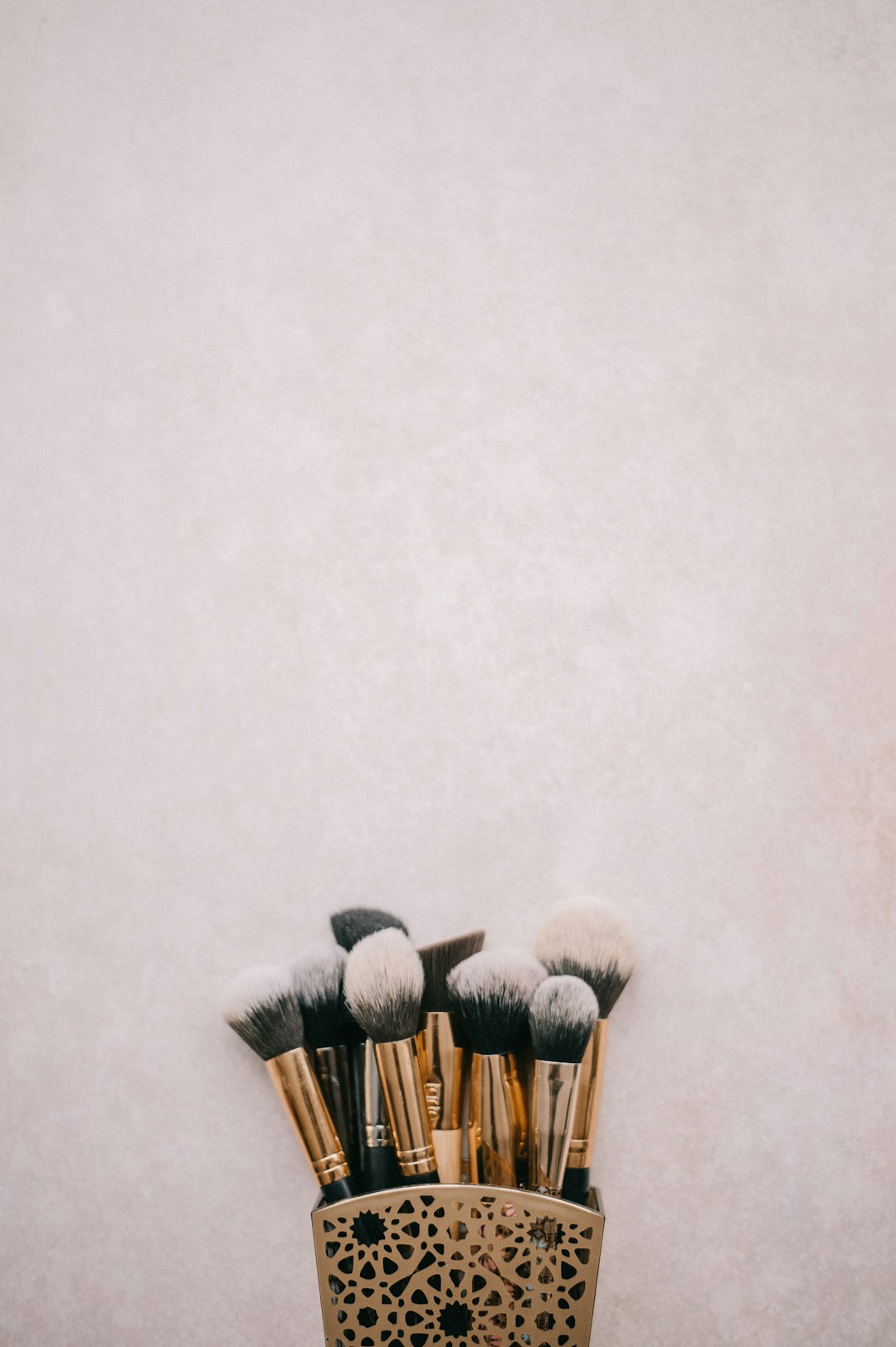Acne is a common skin condition that can affect people of all ages. For those with acne-prone skin, finding the right skincare routine is essential for managing breakouts and achieving clear, healthy skin. With so many products on the market claiming to treat acne, it can be overwhelming to know where to start. That’s why we’ve put together a guide to the best skincare routine for acne-prone skin.
1. Cleanse
The first step in any skincare routine is cleansing. For those with acne-prone skin, it’s important to choose a gentle cleanser that won’t strip the skin of its natural oils. Look for a cleanser that is specifically designed for oily or acne-prone skin and contains ingredients like salicylic acid or benzoyl peroxide, which can help to target acne-causing bacteria.
When cleansing your skin, be sure to use lukewarm water and avoid scrubbing too aggressively, as this can irritate the skin and worsen breakouts. It’s also important to cleanse your skin both in the morning and at night to remove any dirt, oil, and makeup that can clog pores and lead to acne.
2. Exfoliate
Exfoliation is an important step in any skincare routine, but it’s especially important for those with acne-prone skin. Exfoliating can help to unclog pores, remove dead skin cells, and improve skin texture. However, it’s important to choose a gentle exfoliator that won’t irritate the skin or exacerbate acne.
Look for exfoliating products that contain ingredients like glycolic acid or lactic acid, which can help to gently exfoliate the skin without causing irritation. It’s also important to exfoliate only 2-3 times per week, as over-exfoliating can strip the skin of its natural oils and lead to more breakouts.
3. Treat
After cleansing and exfoliating, it’s time to treat any active breakouts or blemishes. There are many different types of acne treatments available, so it’s important to choose one that is best suited for your skin type and acne severity. Some common acne treatments include spot treatments, serums, and acne patches.
Spot treatments are designed to target specific blemishes and can help to reduce redness and inflammation. Serums containing ingredients like niacinamide or retinol can help to improve overall skin texture and reduce the appearance of acne scars. Acne patches are small stickers that can be placed over a blemish to help absorb excess oil and reduce inflammation.
4. Moisturize
Moisturizing is an essential step in any skincare routine, even for those with acne-prone skin. Many people with acne mistakenly believe that they should skip moisturizing to avoid adding extra moisture to their skin. However, skipping moisturizer can actually lead to dry, irritated skin, which can worsen acne.
When choosing a moisturizer for acne-prone skin, look for oil-free, non-comedogenic formulas that won’t clog pores. It’s also important to choose a lightweight moisturizer that won’t feel heavy or greasy on the skin. Moisturizing twice daily can help to keep the skin hydrated and balanced, which can help to prevent breakouts.
5. Protect
The final step in any skincare routine is to protect the skin from harmful UV rays. Sun exposure can worsen acne and increase the risk of scarring, so it’s important to use a broad-spectrum sunscreen daily. Look for a sunscreen that is specifically designed for acne-prone skin and is oil-free and non-comedogenic.
In addition to sunscreen, it’s important to avoid using products that can irritate the skin or worsen acne. This includes products containing alcohol, fragrances, or harsh exfoliating ingredients. It’s also important to avoid picking or popping blemishes, as this can lead to scarring and further breakouts.
In conclusion, finding the best skincare routine for acne-prone skin can be a challenge, but with the right products and techniques, achieving clear, healthy skin is possible. By following a gentle cleansing routine, exfoliating regularly, treating active breakouts, moisturizing daily, and protecting the skin from UV rays, those with acne-prone skin can achieve the clear, glowing complexion they’ve always wanted.


